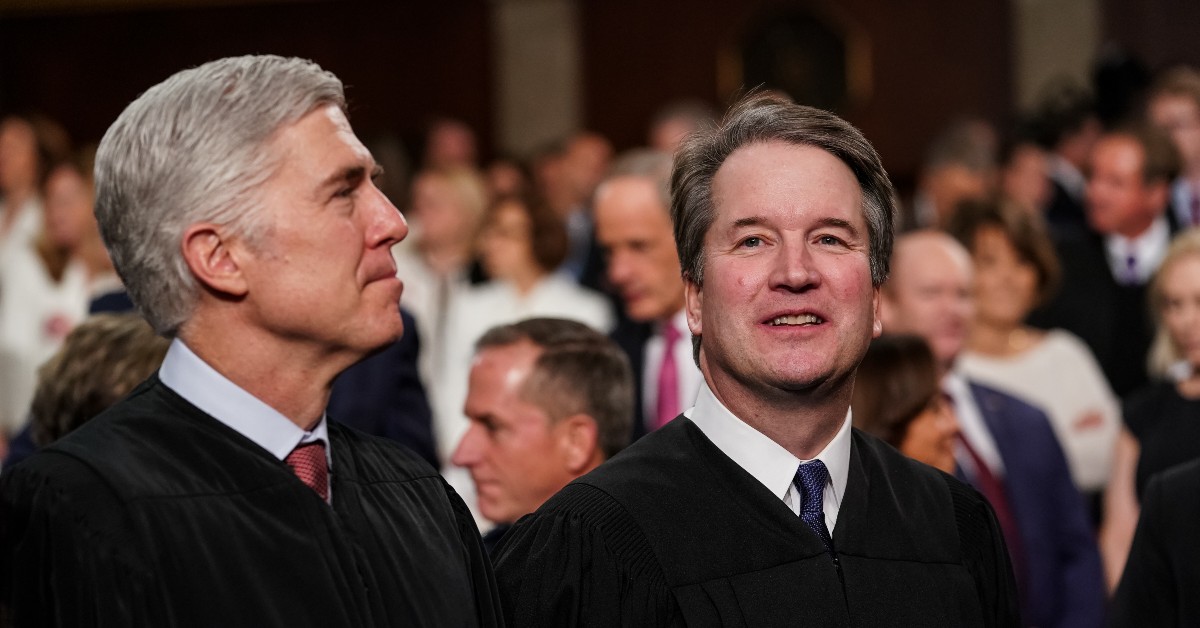OPINION: This article may contain commentary which reflects the author's opinion.
The U.S. Supreme Court has delivered two major rulings that are favorable to police officers.
The nation’s highest court overruled two decisions and handed law enforcement big wins in a pair of cases over qualified immunity.
Republicans overwhelmingly support qualified immunity, arguing that if it was taken away officers would be subject to lawsuits for nearly every difficult call they are faced with on the job. This would make it nearly impossible to recruit or retain good officers, they say.
The justices reversed two federal appeals courts that allowed excessive force lawsuits to proceed against officers in separate cases in California and Oklahoma.
Both rulings were decided without oral arguments and with no public dissent among the justices.
“As we have explained, qualified immunity protects ‘all but the plainly incompetent or those who knowingly violate the law,’” the justices wrote.
The Court summarized the two cases:
City of Tahlequah v. Bond (20-1668) (Per Curiam) Officers Girdner and Vick are entitled to qualified immunity in this excessive force action brought under 42 U. S. C. §1983; the Tenth Circuit’s contrary holding is not based on a single precedent finding a Fourth Amendment violation under similar circumstances.
Rivas-Villegas v. Cortesluna (20-1539) (Per Curiam) Officer Rivas-Villegas is entitled to qualified immunity in this excessive force action brought under 42 U. S. C. §1983; the Ninth Circuit’s holding that Circuit precedent “put him on notice that his conduct constituted excessive force” is reversed.
The court wrote:
“The other decisions relied upon by the Court of Appeals are even less relevant. As for Sevier, that decision merely noted in dicta that deliberate or reckless pre-seizure conduct can render a later use of force excessive before dismissing the appeal for lack of jurisdiction.
To state the obvious, a decision where the court did not even have jurisdiction cannot clearly establish substantive constitutional law.
“Regardless, that formulation of the rule is much too general to bear on whether the officers’ particular conduct here violated the Fourth Amendment.
“Suffice it to say, a reasonable officer could miss the connection between that case and this one. Neither the panel majority nor the respondent have identified a single precedent finding a Fourth Amendment violation under similar circumstances,” the court wrote.
The officers were thus entitled to qualified immunity. The petition for certiorari and the motions for leave to file briefs amici curiae are granted, and the judgment of the Court of Appeals is reversed,” the court added.
The NAACP was not happy about the ruling.
“These are not the actions of a Court that is likely to end or seriously reform qualified immunity. Reform is going to have to come from elsewhere,” Chris Kemmitt, deputy director of litigation for the NAACP Legal Defense Fund, tweeted.
